Universal Jurisdiction Law and Practice Briefing Papers
Essential tools for understanding universal jurisdiction law and practice
How do different countries prosecute genocide, crimes against humanity, war crimes, torture and enforced disappearance? Together with Open Society Justice Initiative (OSJI), TRIAL International worked on a thorough analysis of the laws and practices of several countries relating to their investigation and prosecution of those crimes under universal jurisdiction. The two organizations have already published a series of 12 reports comparing the legal systems of: Argentina, Belgium, Canada, England & Wales, Finland, France, Germany, the Netherlands, Norway, Sweden, Switzerland and the USA. (All available only in English, except for the Briefings about Argentina, which was originally drafted in Spanish, and the one on Belgium, which was translated into French.)
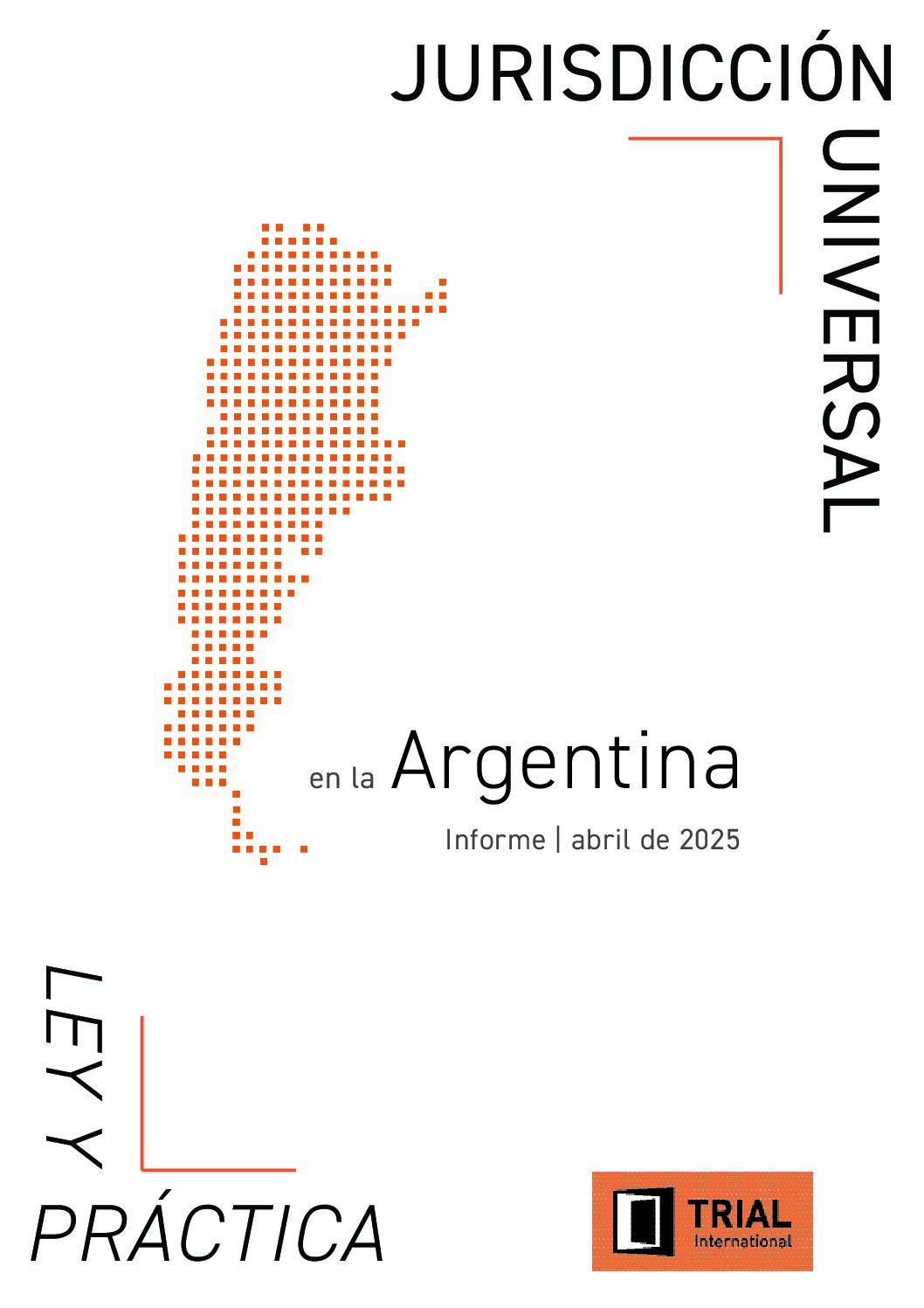 NEW: Argentina (2025) also available in Spanish
NEW: Argentina (2025) also available in Spanish
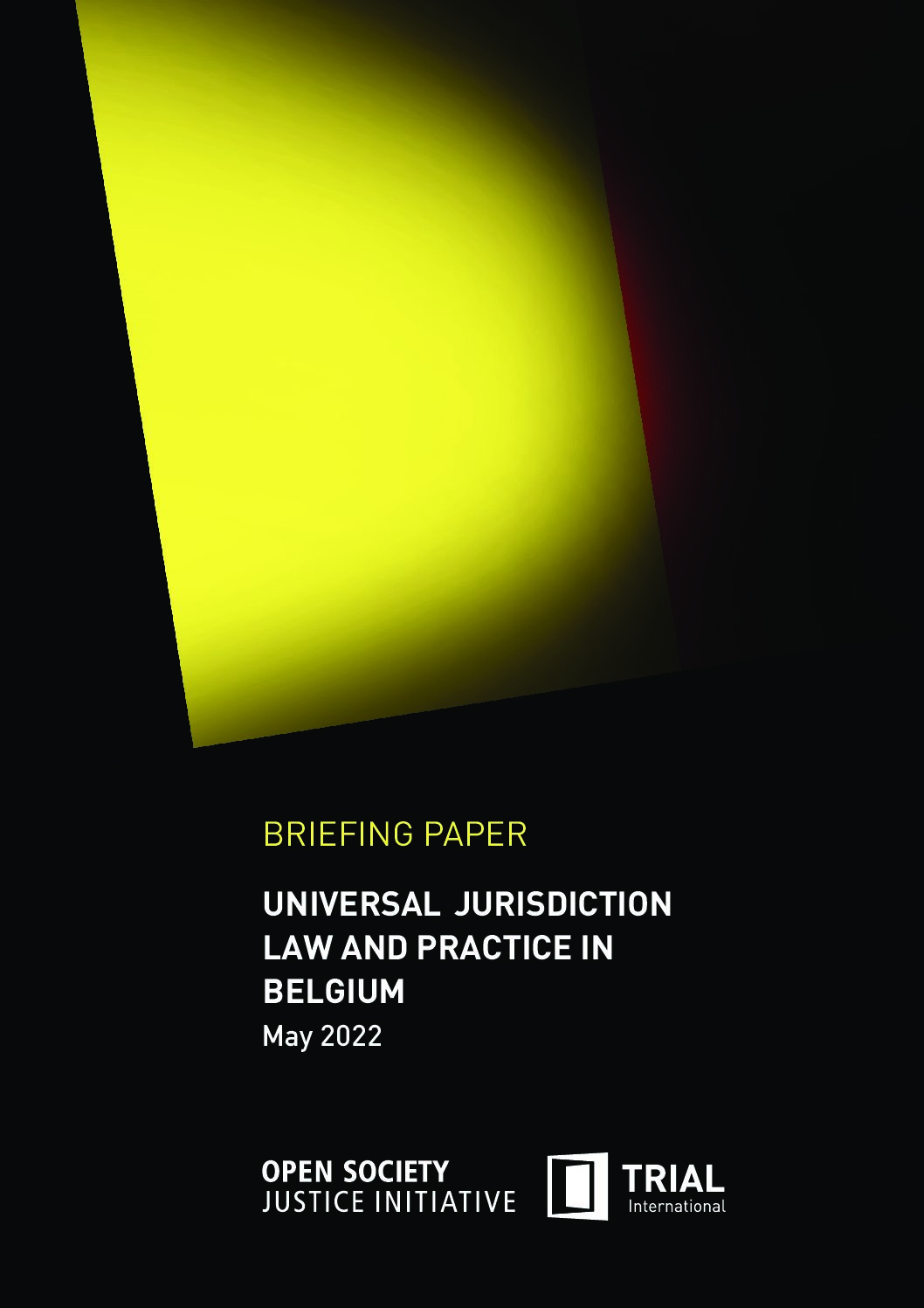 Belgium (2022) also available in French
Belgium (2022) also available in French
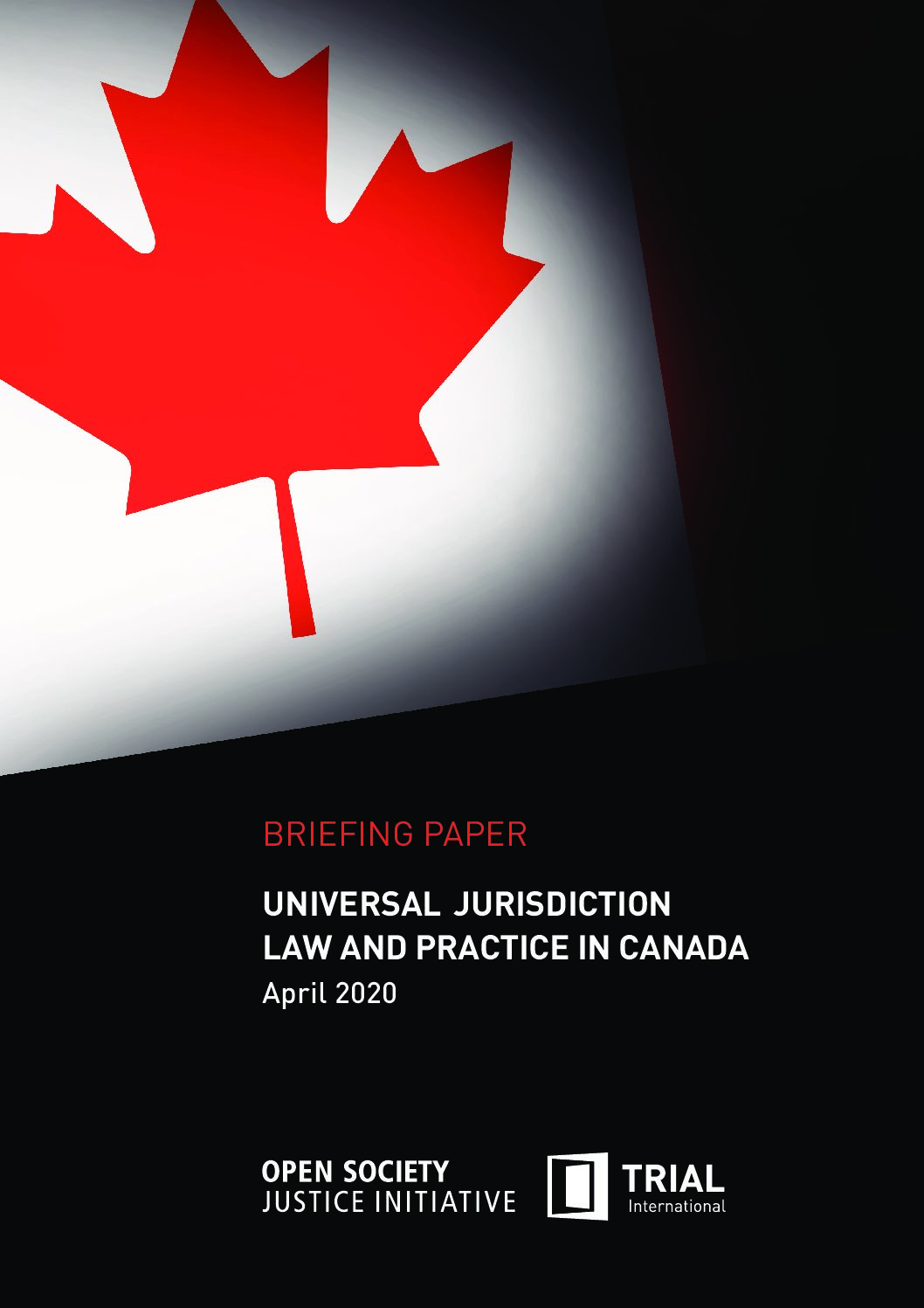 Canada (2020)
Canada (2020)
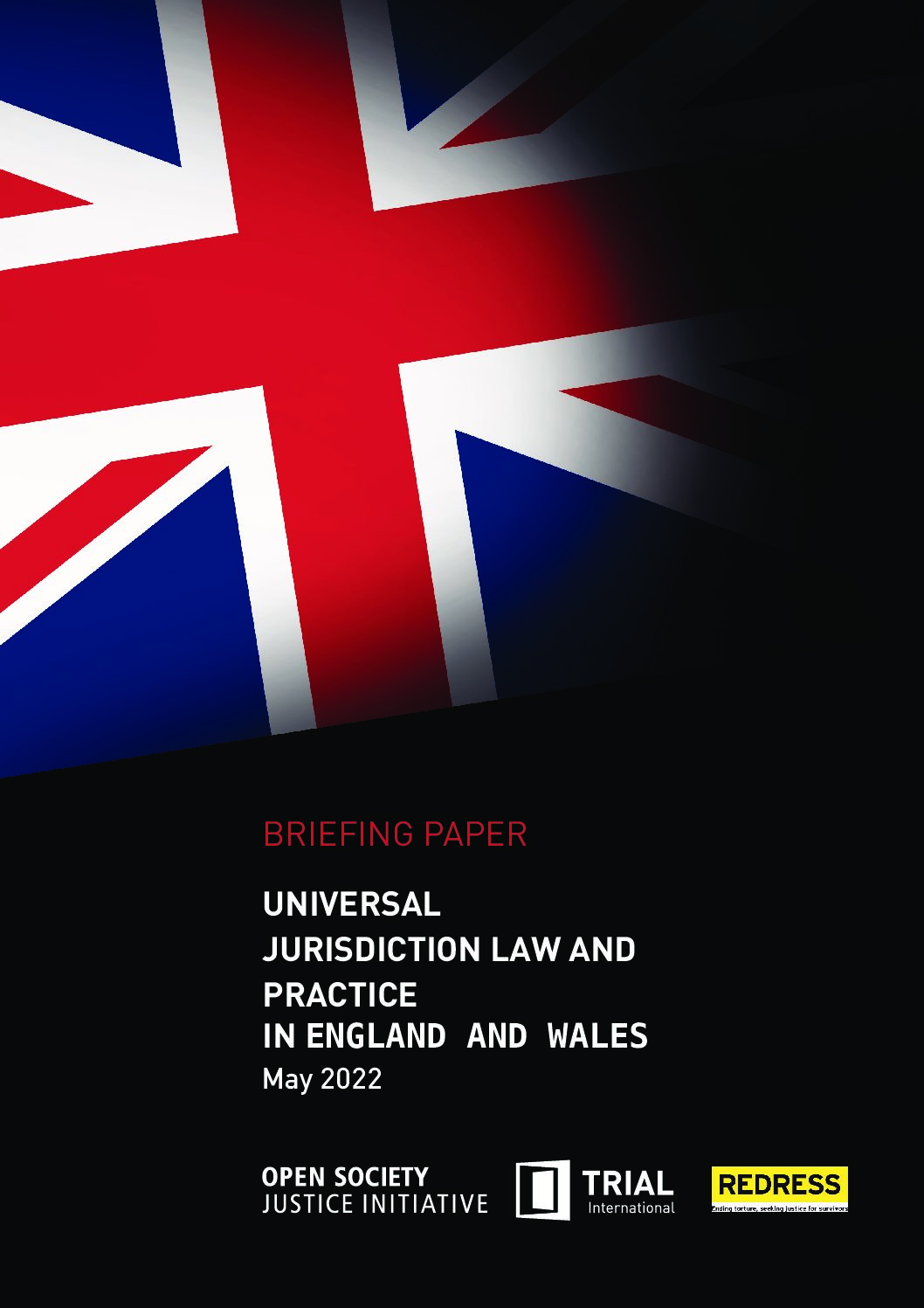 England and Wales (2022)
England and Wales (2022)
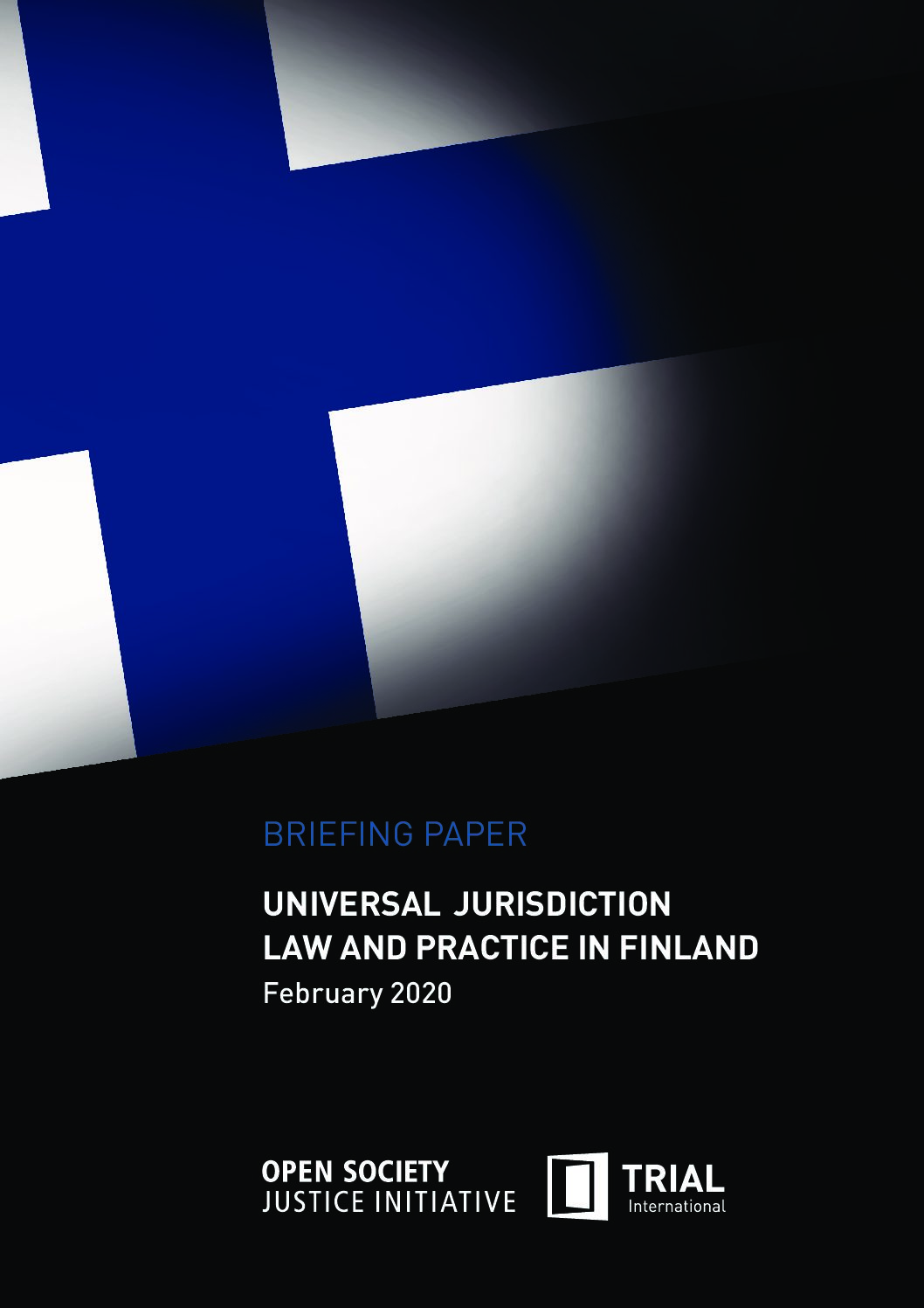 Finland (2020)
Finland (2020)
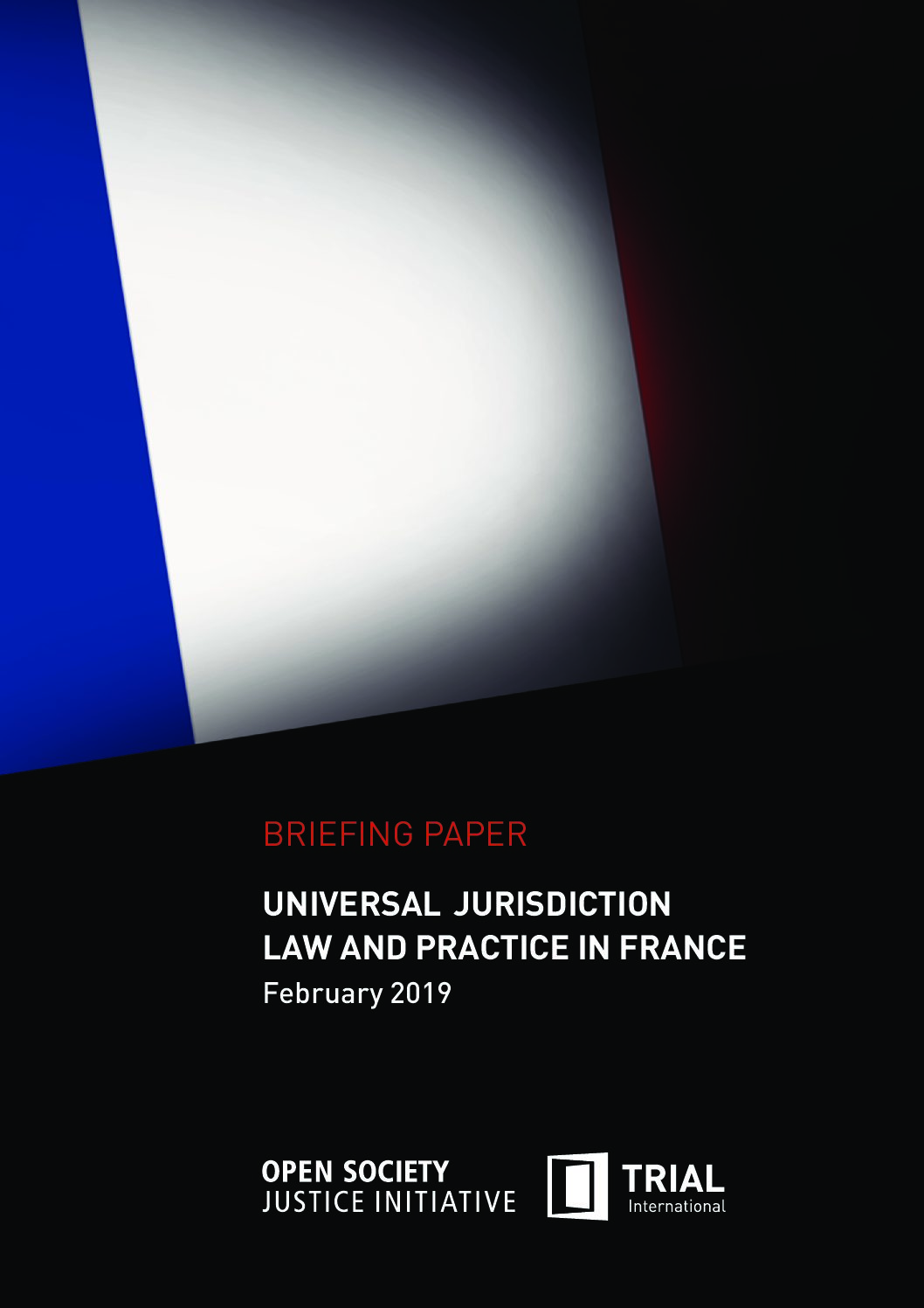 France (2019)
France (2019)
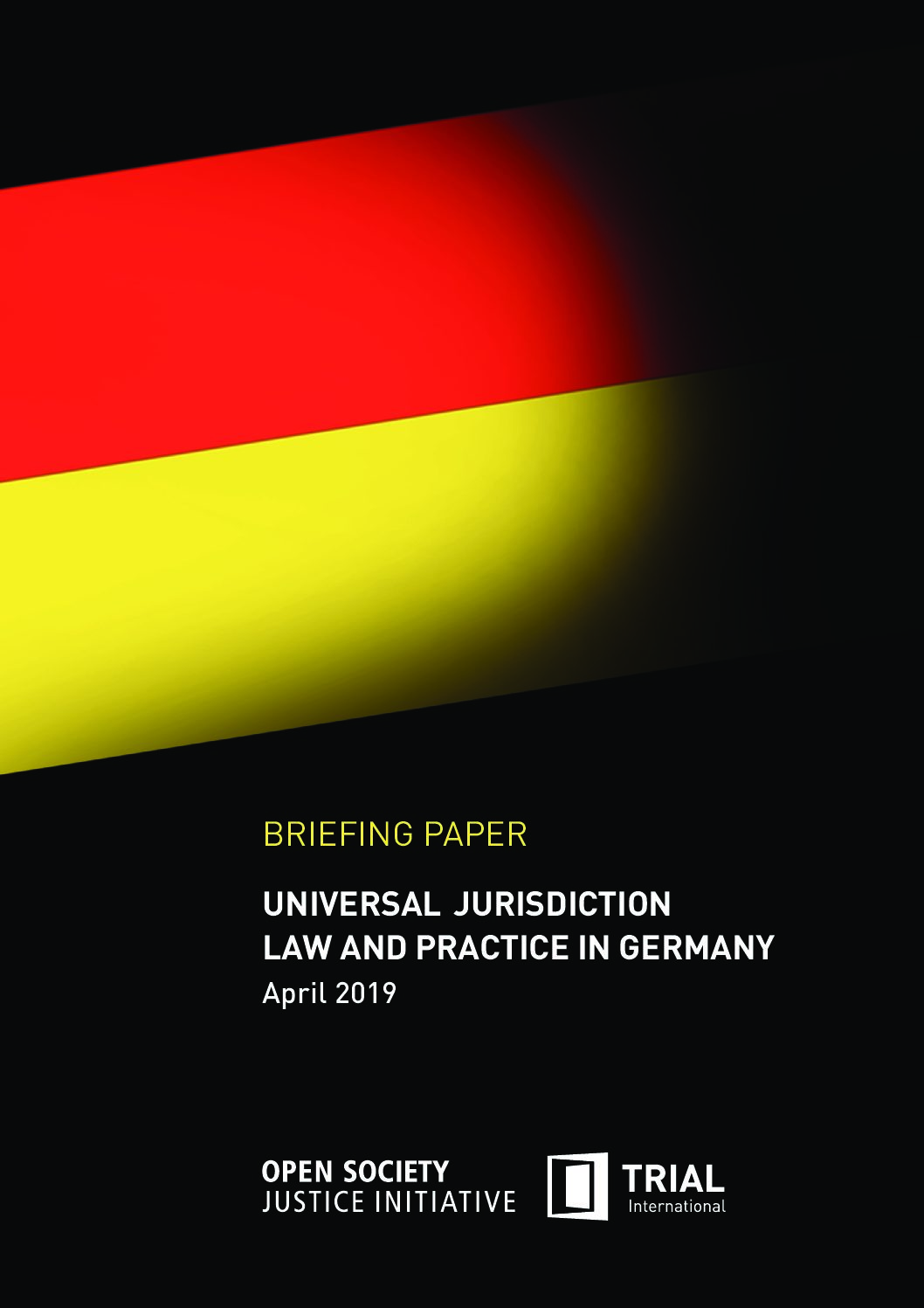 Germany (2019)
Germany (2019)
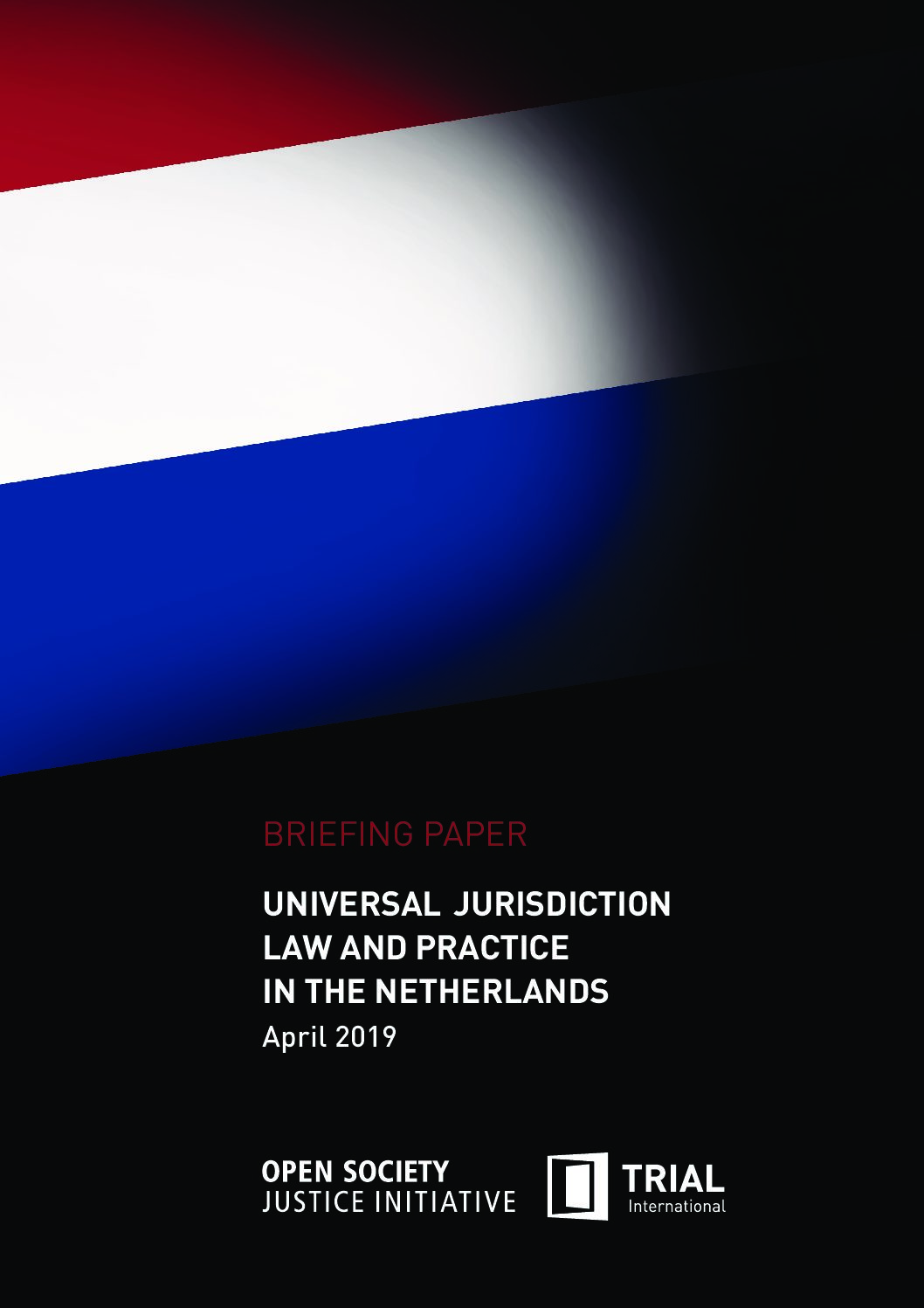 Netherlands (2019)
Netherlands (2019)
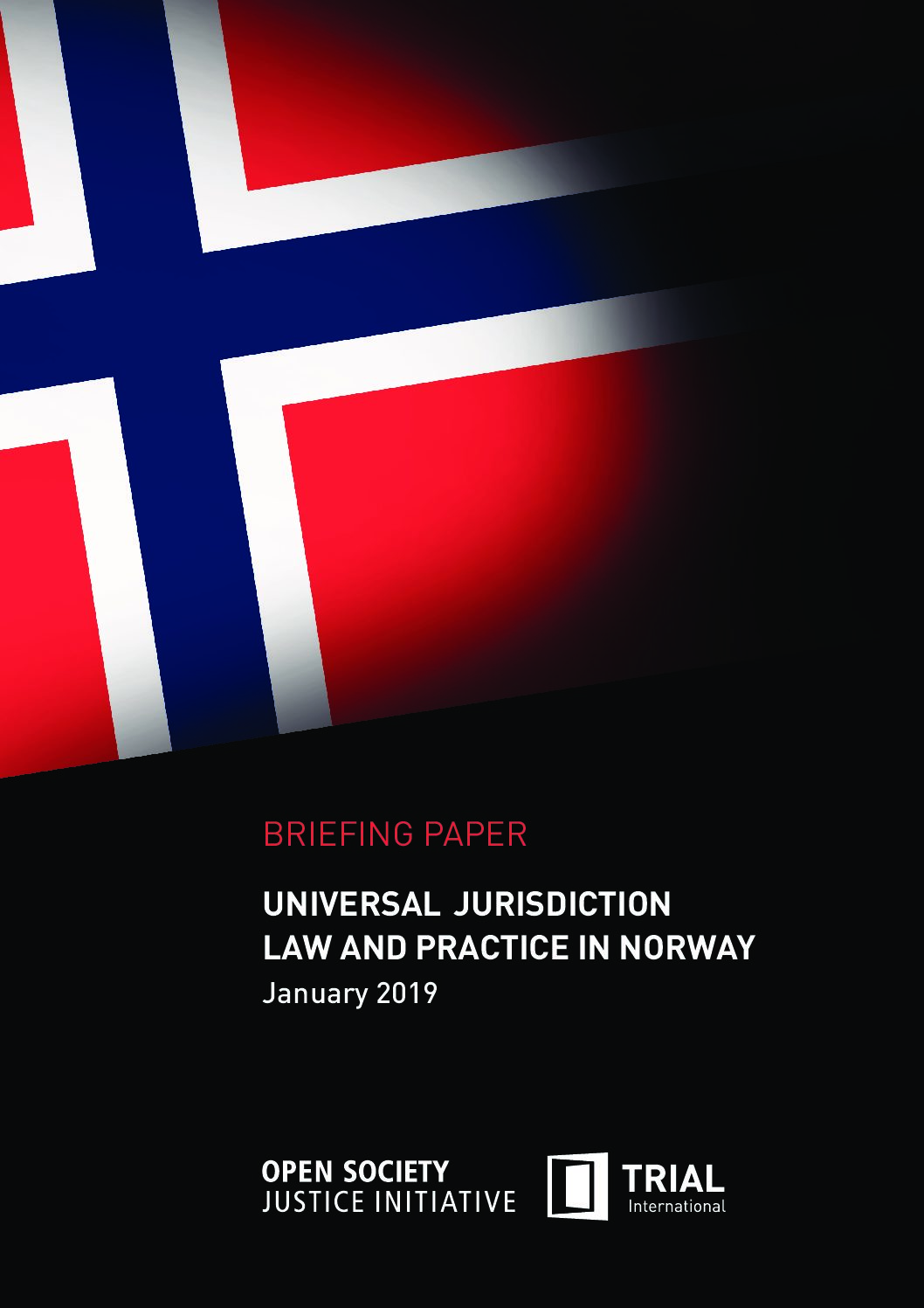 Norway (2019)
Norway (2019)
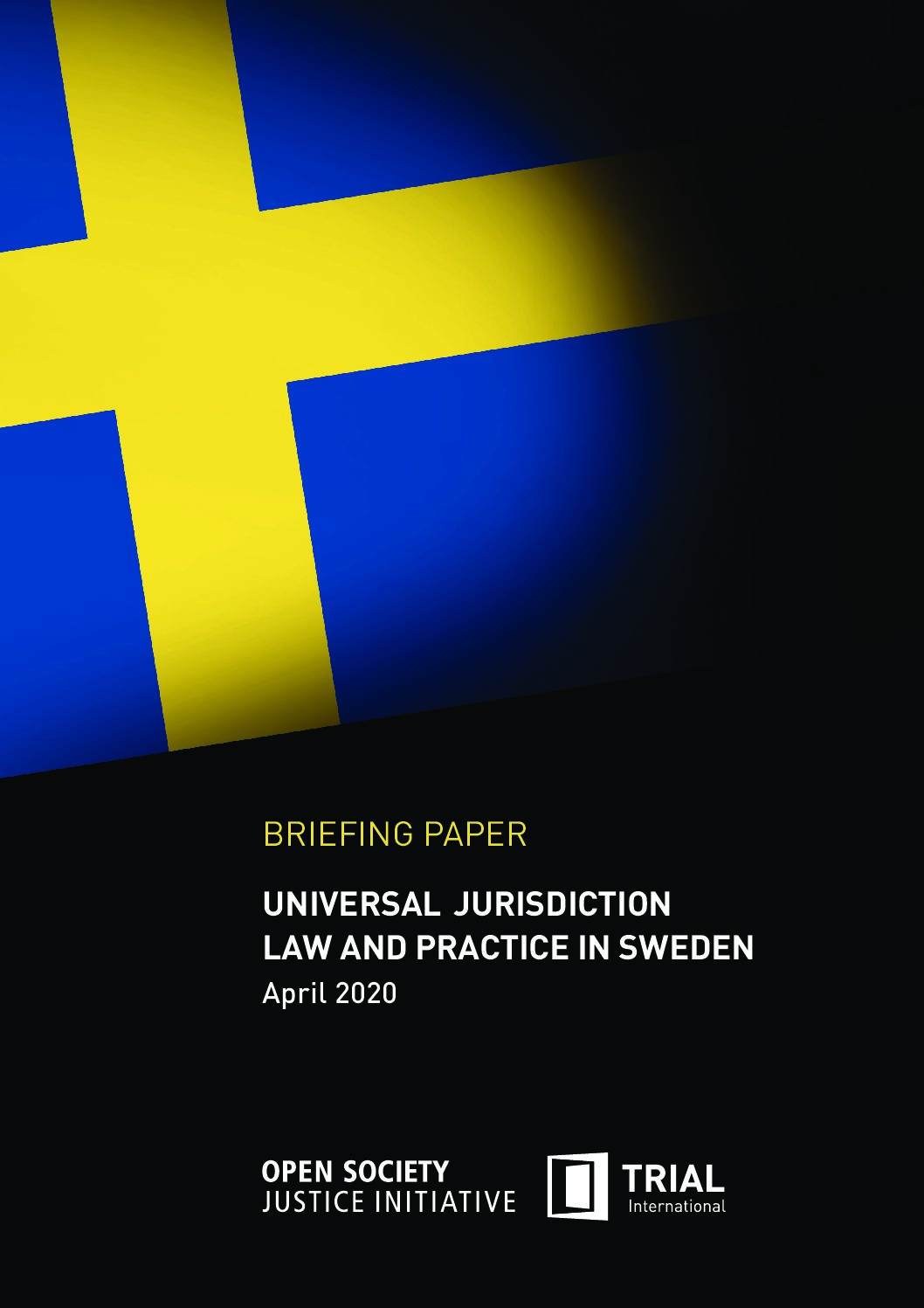 Sweden (2020)
Sweden (2020)
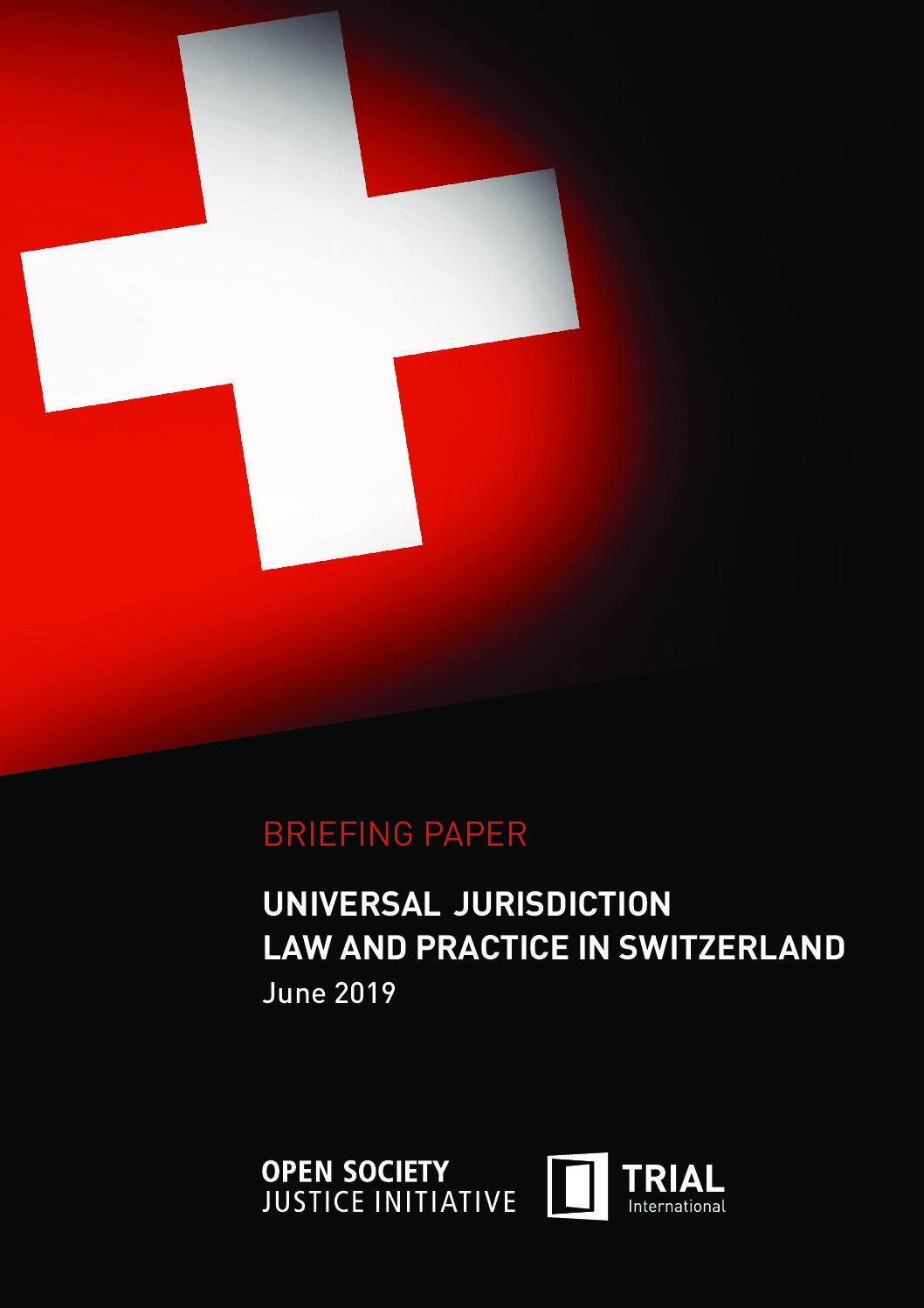 Switzerland (2019)
Switzerland (2019)
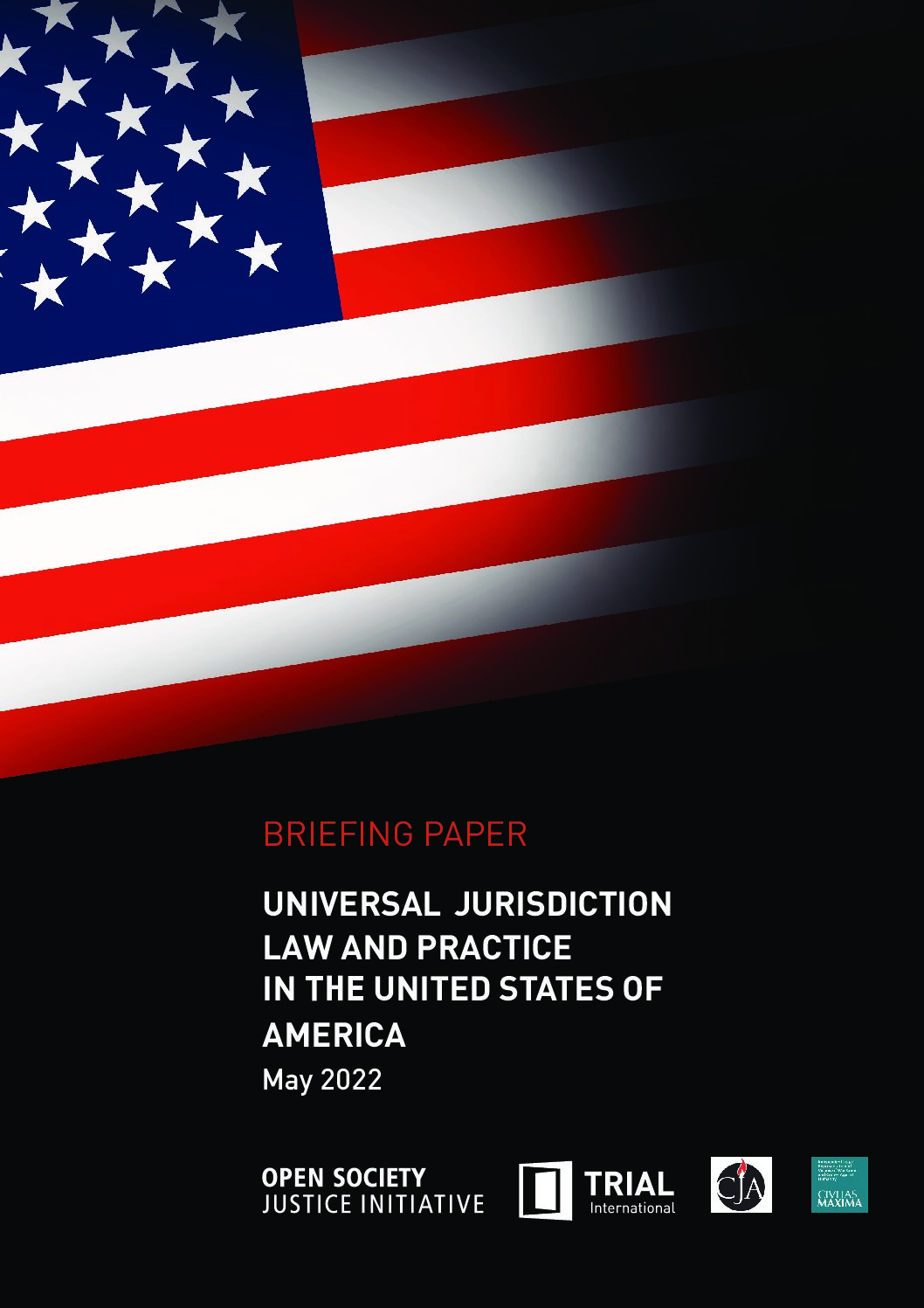 USA (2022)
USA (2022)
The Universal Jurisdiction Briefing Papers : UJ from a practitioners’ perspective
The research was primarily built on an analysis of the different legal systems based on a questionnaire compiled by OSJI and TRIAL International and submitted to local lawyers. This phase was completed through interviews with legal experts such as prosecutors within national war crime units, lawyers in universal jurisdiction cases, academics specializing in international criminal law and NGOs fighting against impunity. This practical perspective allowed us to construct an analysis of the legal framework in each country studied. While every effort has been made to ensure the accuracy of the information presented, readers are advised to confirm the currency of any provisions cited.
Same legal framework, different practices
The research reveals that some states are actively resorting to universal jurisdiction to investigate and prosecute international crimes, such as France, Germany and The Netherlands. France and Germany have even joined forces to enhance their capacity of investigation in relation to crimes committed in Syria.
The reports draw attention to the fact that the universal jurisdiction framework varies from one country to another, which makes it complex for practitioners to build cases. Requirements to exercise universal jurisdiction will change depending on various aspects, such as the nature of the crime or the nexus with the state exercising jurisdiction. TRIAL International hopes this research will help lawyers and NGOs to find their way in the different legal systems studied.
